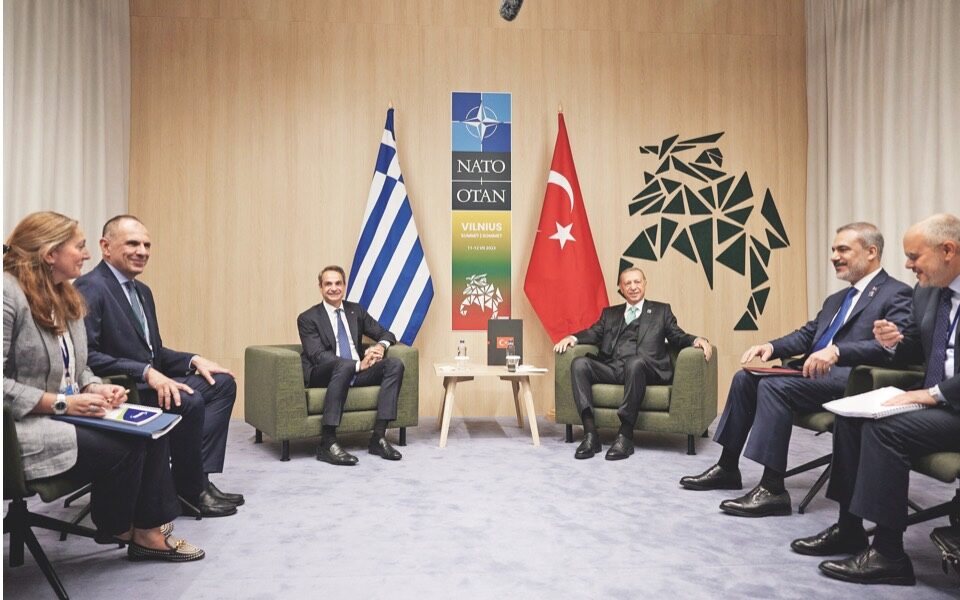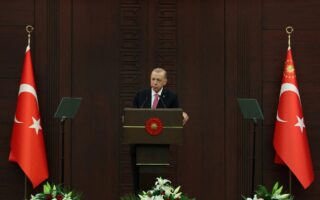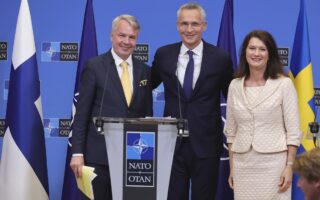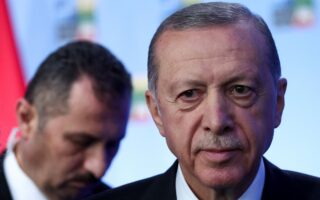Greece’s crucial role on NATO’s southern flank

The war in Ukraine has re-energized NATO. The most successful military alliance in the history of international relations is in the process of further deterring the aggression of Russia and reinforcing its defense posture. It is also looking for practical ways to manage the Chinese challenge that has emerged in recent years. The 2022 strategic doctrine and the 2023 Vilnius summit communique outline the new policies.
While NATO’s priorities are clear, the so-called 360-degree approach has become imperative to ensure that no region will be left behind. The natural emphasis placed on the eastern flank and the Indo-Pacific generates some concerns about the capacity of the Alliance to simultaneously act on all fronts, including a region of particular significance to Greece: the Mediterranean. In startling contrast to some comments made in the public discourse about the alleged indifference of the USA toward the Mediterranean due to its pivot to Asia and the war in Ukraine, the superpower has not abandoned the basin. It is exercising leadership to prevent crises and diplomatically mediating between countries to solve their differences. This is how the Israeli-Lebanese maritime accord of October 2022 was inked.
Turkey still believes in its exceptionalism in the international sphere, while it does not refrain from threatening both Greece and the Republic of Cyprus
In the same spirit, the US is seeking to strengthen NATO’s cohesion on the southern flank by bringing Greece and Turkey closer. Prime Minister Kyriakos Mitsotakis and President Recep Tayyip Erdogan met in Vilnius and agreed to restart bilateral collaboration at the highest level. Of course, this does not mean that diachronic problems will be solved. More importantly, Turkey still believes in its exceptionalism in the international sphere, while it does not refrain from threatening both Greece and the Republic of Cyprus.
Greece, currently much stronger militarily in comparison to the years of the economic crisis, is interested in engaging in sincere dialogue with Turkey about delimiting the continental shelves in the Aegean and the Eastern Mediterranean. It is similarly determined to advance NATO’s policies in the basin not only by expanding its defense cooperation with the US, but also by strengthening ties with other key players, such as France and Italy, as well as non-NATO members states like Israel.
The ball is now in Turkey’s court. Rational behavior from its side will serve the Alliance’s objectives and bring its relationship with the West back to some kind of normalcy. Greece expects Turkey to demonstrate practical signs of good-neighborly relations in a region where destabilizing tactics primarily damage NATO.
Dr George N. Tzogopoulos is senior fellow at the Hellenic Foundation for European and Foreign Policy (ELIAMEP) and at the Begin Sadat Center, and lecturer at the European Institute of Nice.





